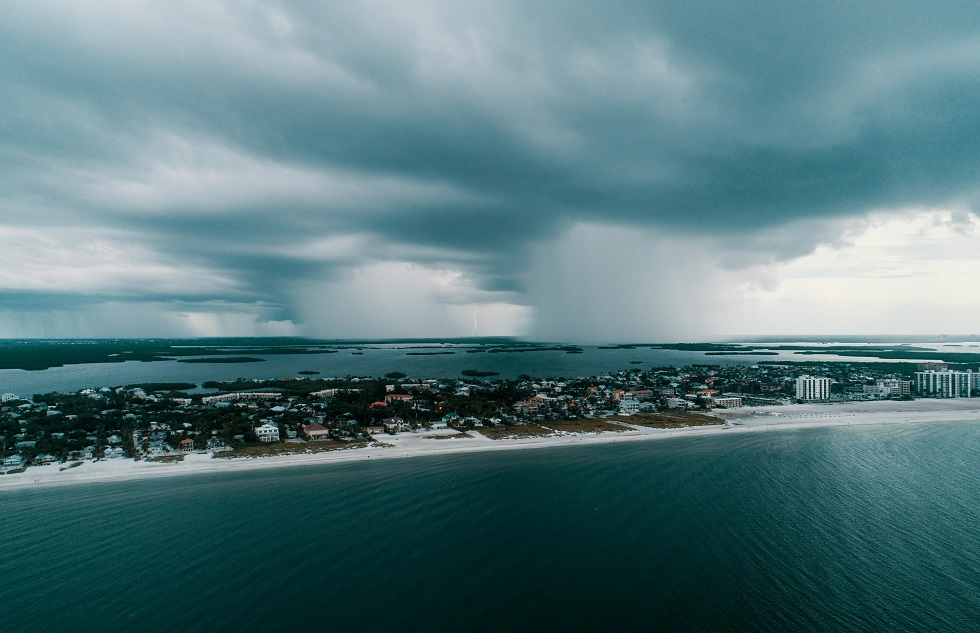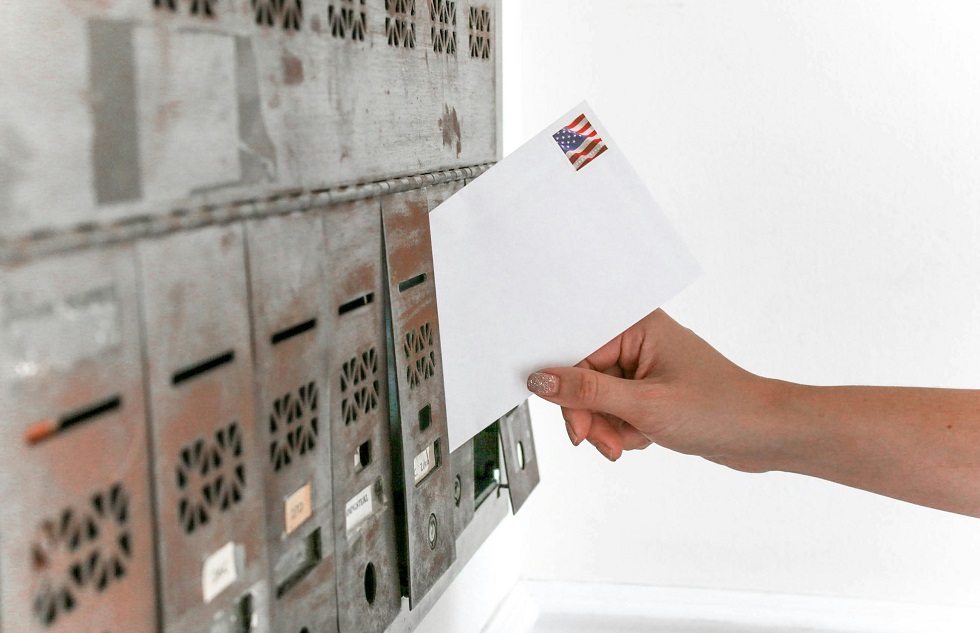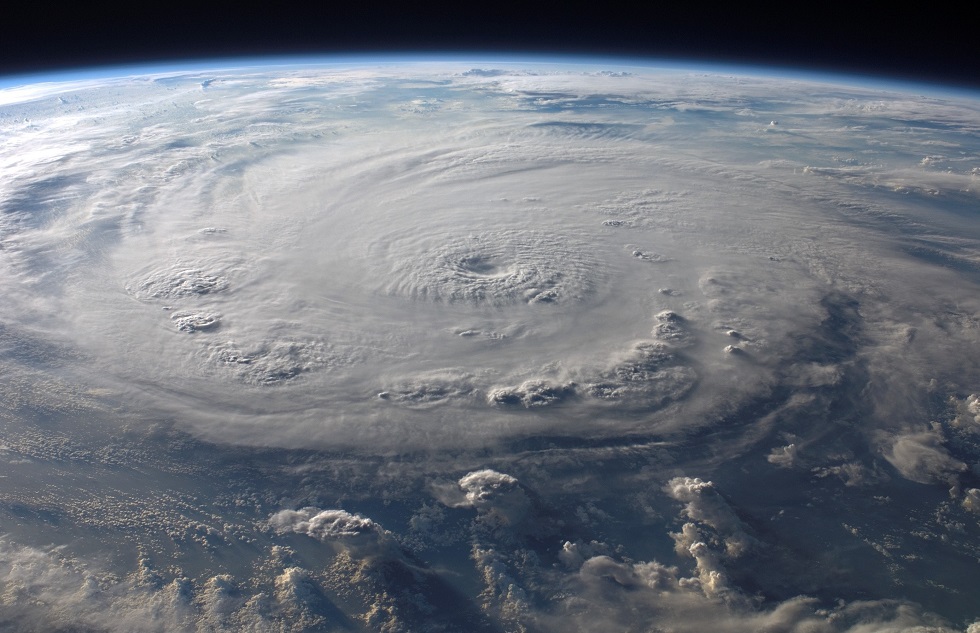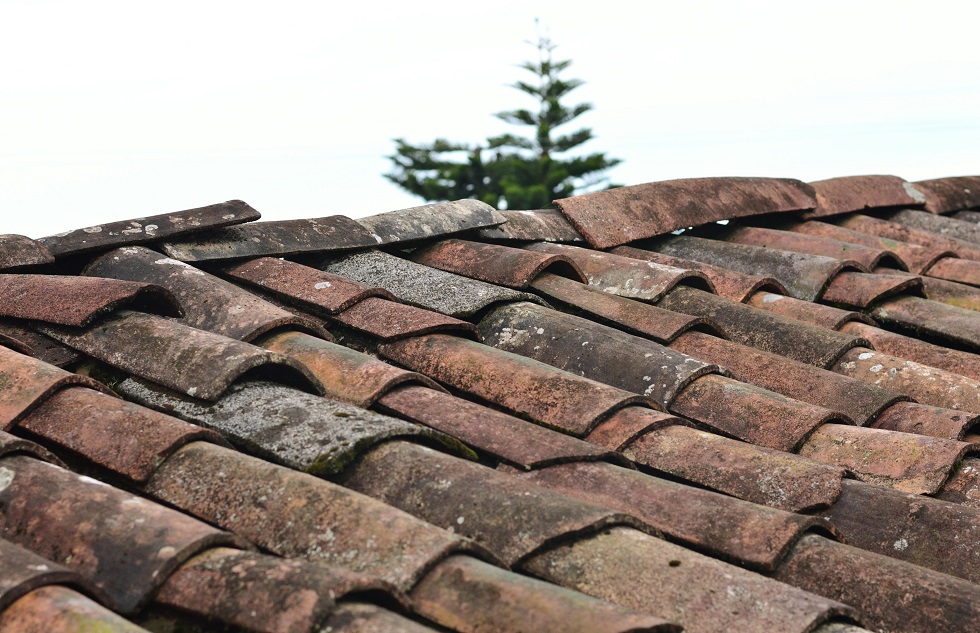Will My Homeowners Insurance Go Up If I File A Roof Claim?
As homeowners, we all want to protect our property and assets from any unforeseen damages. This is why we invest in homeowners insurance policies that cover a wide range of damages, including roof damage. However, when we actually have roof damage and could make a claim, many of us first wonder “will my home insurance premium increase if I file a claim?”
The truth is that filing a roof claim can indeed result in a higher insurance premium, but the extent of the increase depends on various factors. For instance, if you have filed multiple claims in the past, your insurance company may consider you a higher risk and increase your premium accordingly. On the other hand, if you have a good track record and have not filed a claim in a while, your insurance company may be more lenient.
In this article, we will explore the factors that determine whether or not your homeowners insurance will go up if you file a roof claim. We will also provide tips on how to minimize the impact of a roof claim on your insurance premium. By the end of this article, you will have a better understanding of what to expect when filing a roof claim and how to make the most of your homeowners insurance policy.
If you suffered roof damage and are either considering filing a claim or have already done so and are having difficulty getting fair payment, contact Landau Law for a free case review.
How Much Does Homeowners Insurance Go Up After a Claim?
When it comes to filing a claim on your homeowners insurance, one of the most common concerns is how much your insurance premium will increase. The answer varies depending on several factors, including the type of claim, the amount of the claim, your location, and your insurance provider’s policies.
According to industry experts, filing a single claim can cause your homeowners insurance premium to increase by an average of 9-15%. However, the exact amount of the increase will depend on the specifics of your claim and your insurance provider’s policies.
Some insurance companies may offer a “claims-free discount” for policyholders who haven’t filed a claim in a certain number of years. If you have this type of discount, filing a claim could cause you to lose it, resulting in a higher premium even if your claim is relatively small.
Not all claims will result in the same premium increase. Claims related to natural disasters or severe weather events may result in a higher increase than claims related to theft or vandalism, for example. Additionally, the amount of the claim will also be a factor in determining the premium increase.
Why Do Insurance Premiums Increase After a Claim?
Filing a claim can be stressful, and many homeowners are worried about how it will affect their insurance premiums. Unfortunately, in most cases, homeowners insurance rates do increase after a claim is filed. In this section, we’ll explain why this happens and what factors contribute to the rate increase.
Claim History
One of the main factors that can cause your insurance premiums to increase after a claim is filed is your claim history. If you have a history of filing claims, insurance companies may view you as a higher risk and charge you higher premiums. This is because the more claims you file, the more likely it is that you will file additional claims in the future.
Severity of the Claim
Another factor that can affect your insurance premiums is the severity of the claim. If the claim was for a minor incident, such as a broken window, your premiums may not be affected as much as they would be for a major incident, such as a fire or flood. This is because the cost of repairing or replacing a home after a major incident can be much higher, and insurance companies may view you as a higher risk.
Type of Claim
The type of claim you file can also affect your insurance premiums. For example, if you file a claim for damage caused by a natural disaster, such as a hurricane or tornado, your premiums may increase more than if you file a claim for damage caused by a leaky pipe. This is because natural disasters are often unpredictable and can cause widespread damage, which can be expensive for insurance companies to cover. In Florida, our homeowner’s insurance rates are already high as insurance companies know there will be hurricanes, but you should still expect a rate hike. You also can expect it to be a higher rate hike if you are in an area that typically doesn’t get hit badly by hurricanes.
Number of Claims
Finally, the number of claims you file can also affect your insurance premiums. If you file multiple claims within a short period of time, insurance companies may view you as a higher risk and charge you higher premiums. This is because multiple claims can indicate that your home is more prone to damage, which can be expensive for insurance companies to cover.
How Long Do Claims Impact Home Insurance Rates?
When it comes to filing a homeowners insurance claim, one of the biggest concerns is whether or not it will increase your insurance rates. The truth is that filing a claim can impact your insurance rates, and the length of time that your rates will be affected depends on a few factors.
First, you should understand that insurance companies keep a record of your claims history. This means that if you file a claim, it will be noted in your file and can impact your rates for a certain period of time. The length of time that a claim will impact your rates can vary depending on the insurance company and the type of claim.
In general, most claims will stay on your record for around five years. During this time, your rates may be higher than they would be if you hadn’t filed a claim. However, not all claims will impact your rates equally. For example, filing a claim for a minor issue like a broken window may not impact your rates as much as filing a claim for major damage like a fire or flood.
Some insurance companies offer “claim forgiveness” or similar programs that can help mitigate the impact of a claim on your rates. These programs may allow you to file a claim without seeing an increase in your rates, or may limit the impact of a claim on your rates.
When Are Insurance Companies Not Allowed to Raise Rates After a Claim?
As we have discussed earlier, filing a claim with your homeowners insurance company can result in an increase in your premium rates. However, there are certain circumstances under which insurance companies are not allowed to raise your rates after a claim.
Basic Claim Inquiries
If you contact your insurer to inquire about a potential claim, but do not actually file a claim, this should not result in an increase in your premium rates. This is because you have not actually caused the insurance company to pay out any money.
Zero-Dollar Claims
If you file a claim, but the insurance company does not end up paying out any money, this is known as a zero-dollar claim. In this case, your insurer should not raise your rates, as they did not actually incur any costs.
When Should You File a Roof Damage Claim?
As homeowners, we want to keep our properties in good condition. However, unexpected events such as roof damage can occur, and filing an insurance claim may be necessary. But when is the right time to file a claim?
First, determine if the damage is covered by your insurance policy. Most policies cover damage caused by events such as hail, wind, and falling objects. However, damage caused by wear and tear or lack of maintenance is typically not covered.
If the damage is covered, you should consider the cost of repairs versus your deductible. If the cost of repairs is less than your deductible, it may not be worth filing a claim. Filing a claim for a small amount can lead to an increase in your premium, which may end up costing you more in the long run.
On the other hand, if the cost of repairs is significantly higher than your deductible, filing a claim may be the best option. In this case, document the damage and contact your insurance company as soon as possible. Your insurance company will send an adjuster to assess the damage and determine the amount of coverage.
Keep in mind that filing too many claims can lead to an increase in your premium and even the cancellation of your policy. Therefore, you should weigh the benefits and risks of filing a claim before making a decision.
How Can A Florida Property Damage Lawyer Help With My Roof Claim?
If you’re struggling to get your roof damage claim approved by your insurance company, it’s time to seek legal assistance. A Florida property damage lawyer can help you navigate the complex insurance claim process and ensure that you receive the compensation you deserve.
At The Landau Law Group, we have a team of experienced lawyers who specialize in property damage claims. We understand the intricacies of insurance policies and can help you negotiate with your insurance company to get the best possible outcome for your claim.
Here are some ways in which we can help you with your roof claim:
- Review your insurance policy: We will review your insurance policy and help you understand the coverage you have for roof damage. This will help you determine if filing a claim is the right option for you.
- Assist with documentation: We will assist you in gathering all the necessary documentation to support your claim. This includes photographs of the damage, estimates from contractors, and any other relevant information.
- Negotiate with your insurance company: We will negotiate with your insurance company on your behalf to ensure that you receive a fair settlement for your claim. Our goal is to maximize your compensation and minimize the stress and frustration you may experience during the claims process.
- File a lawsuit if necessary: If your insurance company refuses to pay your claim, we will file a lawsuit on your behalf. We will represent you in court and fight to get you the compensation you deserve.
A Florida property damage lawyer can be a valuable asset when it comes to filing a roof damage claim. We have the knowledge and experience to help you navigate the complex insurance claim process and ensure that you receive the compensation you deserve.
If you suffered roof damage and are thinking about filing an insurance claim or already filed one and are having problems, Landau Law is here to help. Contact us today for a free case review!
Florida Property Damage Lawyers
Hurricane Damage Blog Posts

Why Does Florida Have So Many Hurricanes?
Florida is renowned for its beautiful beaches, vibrant culture, and, unfortunately, its frequent encounters with hurricanes. The state's unique geographical location and climate conditions make it particularly vulnerable to these powerful storms. Florida's position on...

What To Do If You’re Denied Hurricane Damage Claim For Home
Hurricane damage can be devastating for Florida homeowners, leaving them in a state of distress and financial uncertainty. When insurance claims for such damage are denied, it adds another layer of stress to an already difficult situation. Facing a denied claim...

Common Reasons Your Florida Hurricane Damage Insurance Claim May Be Denied
Florida homeowners face a daunting challenge when their hurricane damage insurance claims are denied. Understanding the common reasons for these denials can help you navigate the claims process more effectively. Insurance companies may deny claims due to inadequate...

Before and After a Storm Hits: What You Need To Know
Property Insurance laws have changed and so has the language in most policies. Make sure you’re prepared before the next storm hits. Understanding how the law changes will impact you and knowing what your policy actually covers (and doesn’t) is critical. That’s why...

What Does Hurricane Insurance Cover in Florida?
As Floridians, we understand the unique challenges that come with living in a hurricane-prone area. Hurricane insurance in Florida typically covers damage to our homes and personal property caused by hurricanes, including wind damage and, in some cases, flooding. It's...

How Long Does an Insurance Company Have to Settle a Hurricane Claim in Florida?
When it comes to hurricane damage in Florida, insurance claims are a common occurrence. However, many people are left wondering how long it takes for an insurance company to settle a hurricane claim. The answer to this question is not always straightforward, as it can...

How to File a Hurricane Insurance Claim in Florida
Filing an insurance claim after a hurricane can be a daunting task, especially if you're a Florida resident. With the increasing frequency of hurricanes in Florida, homeowners need to know how to file a hurricane insurance claim effectively. In this blog post, we will...

Renters Insurance For Florida Hurricane Coverage
Learn about the ways that renters insurance can help protect you after hurricane damage Renters insurance is a type of insurance policy that covers the personal property and liability of a renter. It can provide peace of mind in the event of a disaster, such as a...




